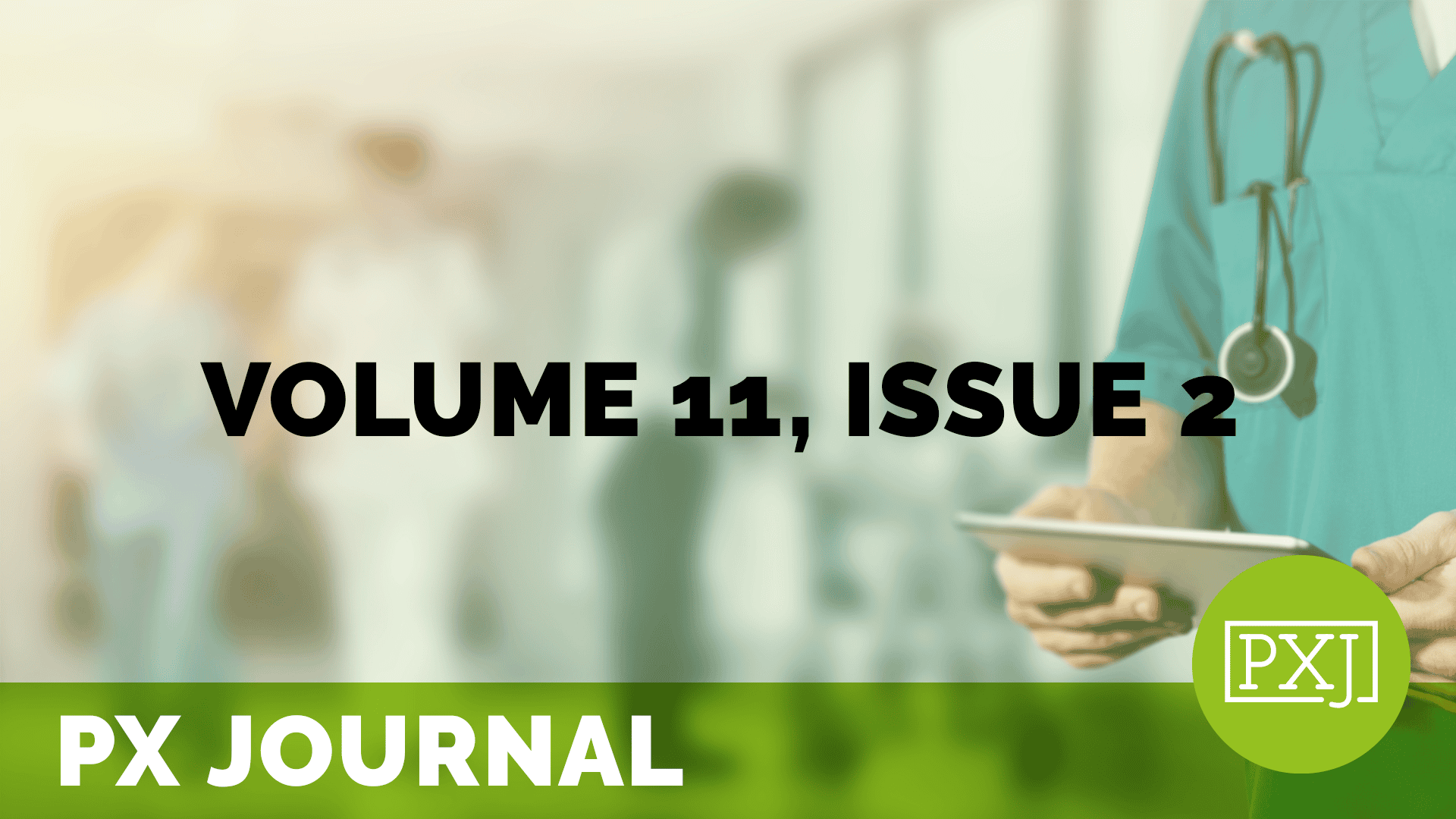Is Timing Everything?: The Role of Time on the Relationship between Patient-Centered Communication and Provider Empathy

Several studies have indicated that providers that successfully implement patient-centered communication (PCC) practices related to health literacy and exemplify higher levels of empathy improve patient health outcomes. Time is frequently noted as a barrier when implementing PCC practices.
Related content
-
 Patient Family & Community Engagement
Patient Family & Community EngagementPatient Engagement and Co-creation in Healthcare Services: A Scoping Review
Objective: The objective of this review was to find literature related to the concepts of patient engagement and co-creation in healthcare services and identify models and/or frameworks that combined these concepts. Methods: We developed the eligibility criteria using the Population-Concept-Context framework applicable to studies with population of patients exploring the concepts of engagement and co-creation
Learn more -
 Patient Family & Community Engagement
Patient Family & Community EngagementModeling Mutual Respect in Healthcare
By Kathy Saldana, MA, CPXP Imagine you have an interview for a job you really need. In fact, you won’t be able to pay your bills if you don’t get this job. Before entering the interview, you send a note to the interviewer that reads, “I have zero tolerance for disrespect. You will be removed
Learn more -
 Culture & Leadership | Patient Family & Community Engagement | Staff & Provider Engagement
Culture & Leadership | Patient Family & Community Engagement | Staff & Provider EngagementA System-Wide Transformation in Human Experience at NSW Health
Global Headliner Webinar Series (Complimentary) – Join us as we reflect, reconnect, and recommit to elevating the human experience—not as an initiative, but as a way of being. Tuesday, August 19, 2025 10:00 PM EDT – Eastern Daylight Time (New York) Wednesday, August 20, 2025 12:00 PM AEST – Australian Eastern Standard Time (Sydney, Melbourne,
Learn more
